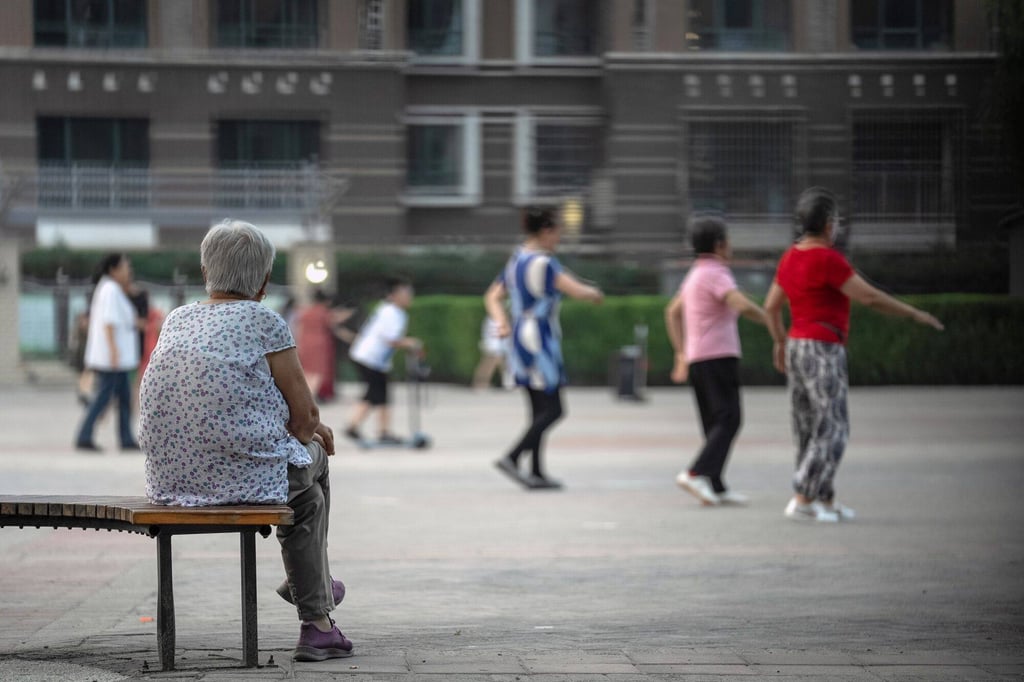My Take | Why China’s decision to extend the retirement age will not address fairness and sustainability issues
The controversy over China’s extended retirement age is a fresh reminder of the deep-rooted problems inherent in the country’s national income distribution system.

For many working Chinese, particularly those born in the 1980s and 1990s, Beijing’s decision to raise the retirement age by three years brings a sense of loss and betrayal. It means they have to work longer and pay more to get less from a major social contract.
An internet meme that went viral reflected Chinese millennials’ frustration over the government’s flip-flop in birth and pension policies: “When I was born they said there were too many; when I gave birth they said there were too few; when I wanted to work they said I was too old; and when I want to retire they say I’m too young.”
While increasing the retirement age is a global trend amid ageing populations and falling birth rates – and is always an unpopular move that triggers protests and unrest – the pain inflicted on China’s generation Y is particularly acute because of the country’s problematic policy design. A higher retirement age cannot address inherent unfairness and unsustainability in the country’s social welfare system.
One common complaint about China’s social welfare is that it is fragmented and unbalanced. The government started asking urban corporate employers and employees to contribute to a state pension system as far back as the early 1990s, but public sector employees were exempt from making pension payments until 2014.
Over the last three decades, pensions for retired public sector employees have been significantly higher than those who retired from the corporate sector. A 70-year-old retiree from the corporate sector would probably receive a monthly pension equivalent to US$400, about half that of a public sector retiree. For the urban unemployed and elders in China’s vast countryside, which represent over half of the country’s pensioners, the typical monthly pension is equivalent to US$30, according to rough calculations based upon government data.

China’s middle-aged working class have to pay over a quarter of their wages, including 20 per cent contributed by their employees to a pension fund pool, and 8 per cent by employees to a nominal personal account. The money is not saved, rather it is used immediately to finance the country’s pension payments. Unlike 401(k) pension plans in the US or the Mandatory Provident Fund Scheme in Hong Kong, the pension system in China has become a de facto tax on the young working class in the corporate sector to subside the public sector and old generation.
